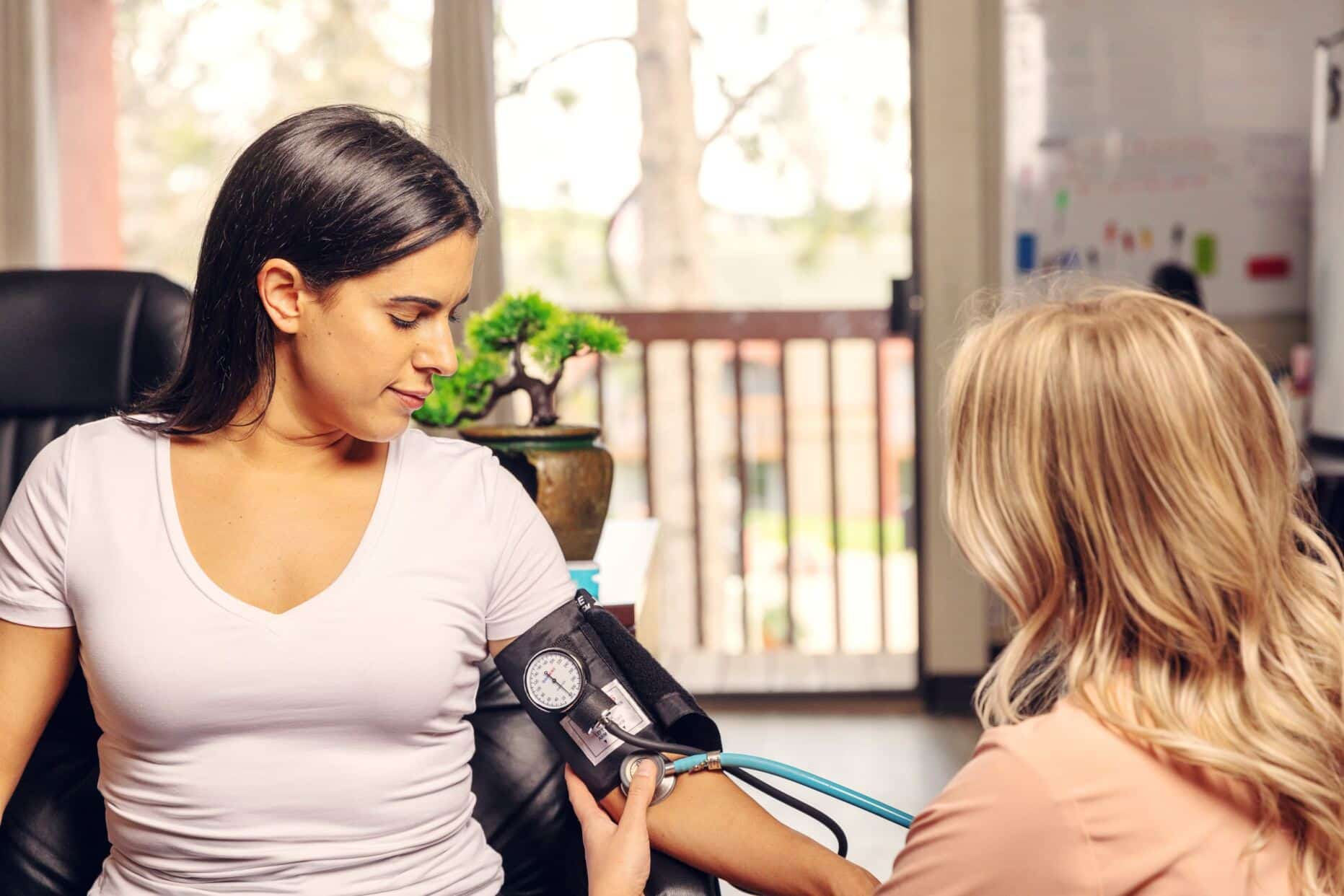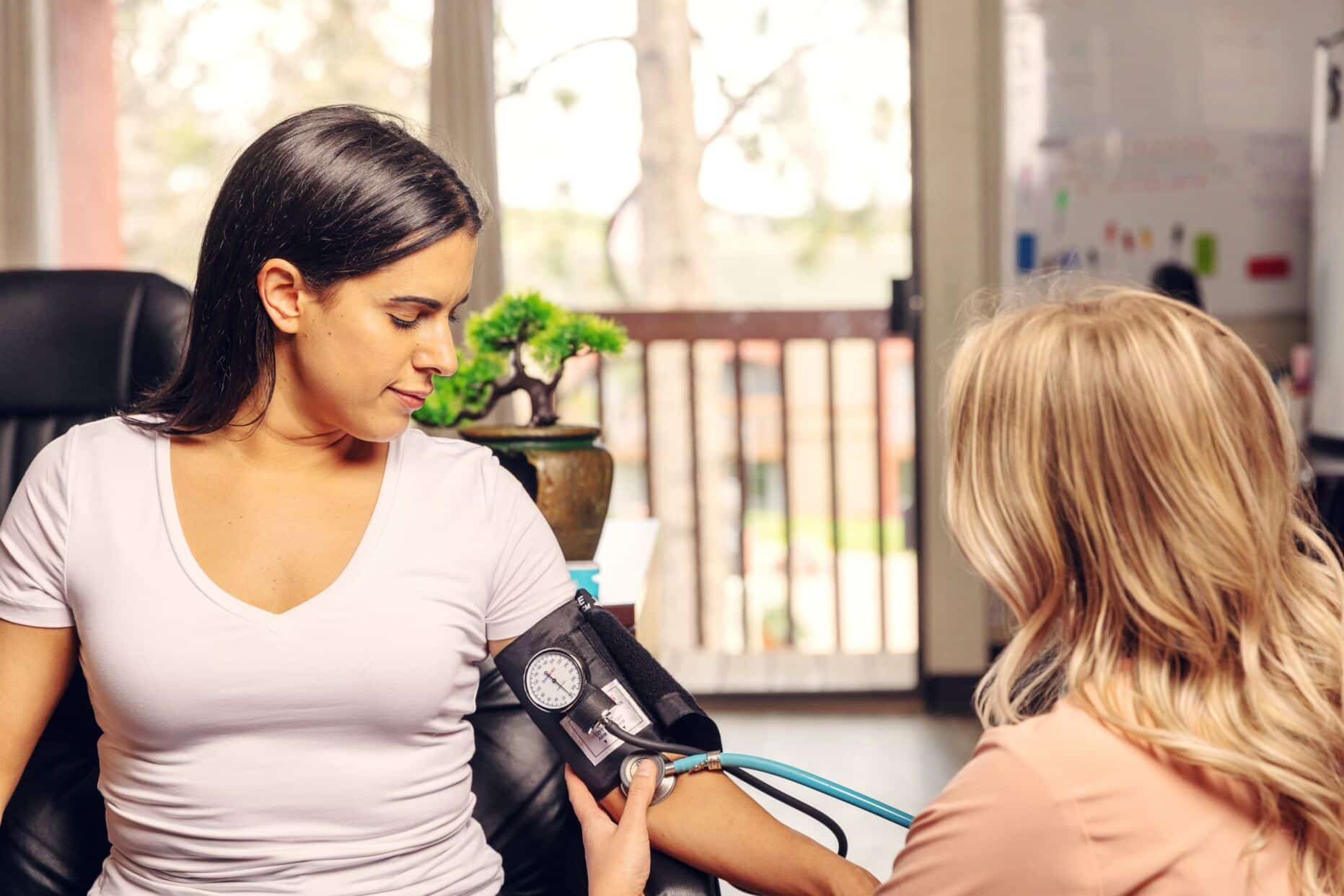When you are living with an addict, your top priority becomes taking care of them and making sure they are safe. This can leave little time for you to do the things you once used to love. Some people turn to support groups such as Al-anon, which is for family members of alcoholics or Alateen, which is for teenagers who are impacted by the substance use disorder of a loved one. These support groups can help you talk about the problems you are facing because of a loved one’s addiction and hear other people share their stories. Other methods to help cope with a loved one who is addicted to drugs are exercising, speaking with friends or family, talking with a licensed mental health therapist, finding time to do things you love, and eating healthy.
Understanding addiction
Lots of people don’t really understand the reasons behind why or how an individual can become addicted to drugs. If it is so important to understand the actual driving forces behind addiction in order to properly support the loved one who has a substance addiction. Some people believe it has to do with poor moral characteristics or a lack of willpower. This is just not the case. Drug addiction is a multifaceted disease that alters the brain’s chemical balance of a person who engages in the substance. Addiction is a chronic disease with the main characteristics being obsessive drug seeking and use that is very hard to control regardless of the negative consequences. Upon repeated drug use, a person’s brain is changed to adapt to the drug. This is why relapsing occurs so often without medical help.
How addiction can affect a household
Addiction affects a household in many ways. Living with a drug addiction can hurt a family financially. Drugs cost money and an individual who is addicted to drugs may steal, mortgage the house, sell valuable items, and might even have to take money out of a college or retirement account to pay for things. The substance use disorder also hurts the relationships within the family. When a person engages in drug use they become unreliable, rebellious, defiant, experience mood swings, paranoia, anger, steal and no longer spend time with the family because they are engaging in substance use disorder. Since all members of the household are affected in different ways it can cause anxiety, stress, depression, guilt, anger, embarrassment, inconsistencies in rules and schedules, and even physical danger from violent outbursts while on the substance or seeking drugs.
Addiction affects children because oftentimes children may act as a surrogate spouse for the other parent who does not abuse a substance. Children might engage in denial to protect themselves from the reality that a parent has an addiction. This might make children behave in a manner that is not age-appropriate to make up for a parent’s lack of caretaking. Also, the other parent who is not engaging in substance use disorder might become dependent on their child and prevent him or her from maturing and leaving the house to begin their own life. This can cause a delay in the child’s maturation.
Extended family members can also experience the effects of substance use disorder. They could experience feelings of abandonment, anxiety, fear, anger, concern, embarrassment, guilt, or may even want to cut ties with a person who is abusing the substance.
Living with a person addicted to substance use disorder can have disastrous effects on role modeling, trust, and concepts of normal behavior. This can really hurt the relationships between generations because a child with a parent who abuses a substance could grow up to be an overprotective and controlling parent who does not allow their child any form of independence. This can hinder the developmental process for that child and potentially generations to come.
Tips for living with a loved one who has an addiction
How to live with an addict is a question on a lot of people’s minds. When living with a person who is addicted to drugs one should make sure their family is safe at all times. Set boundaries and if safety becomes an issue it might be necessary to ask the loved one with the affliction to leave. Speak with the loved one about getting treatment. This can be done by speaking with a medical professional who can help assist in creating the best treatment plan for the addicted loved one. Some drugs and substances make people experience violent outbursts. Therefore, it is important to have a plan for when things take a turn for the worse. This can look like getting help from friends, a therapist, family, and even the police. Due to people who are addicted to drugs seeking money to pay for their drugs restricting access to money may be necessary. Living with a drug addict can be extremely draining on the family.
Constantly trying to support the loved one who is addicted to drugs can cause you to neglect your own needs. Try to make time to exercise, speak with friends or family, do things that bring you joy, and eat healthily. Finally, joining a support group can help you know that you are not fighting this battle. There are lots of other families who are struggling with a loved one who is afflicted with a substance addiction.
Tips for living with a person in recovery from addiction
After your loved one has left the rehabilitation clinic or has overcome their addiction they are still in a period of recovery. Addiction is a lifelong disease because it alters the chemical balance of the brain. Even after a person recovers there is still a chance for relapse. One type of relapse that happens right after treatment is over and the person will return to the specific substance they used before treatment. For example, one study found that 28.9 percent of people who used heroin relapse within 1 week after termination of treatment. Relapse can happen at any time after a person has had their last dose of the substance they were addicted to. The study also found that people who use narcotics and cocaine have the highest risk of relapse 14 weeks after treatment with 24.8 percent of narcotics abusers and 25.5 percent of cocaine abusers relapsing. The second type of relapse is when a person substitutes their drug for another drug. For example, using other narcotics instead of heroin.
Since relapse is a part of the nature of addiction it’s important for family members and friends to continue to provide support and build trust in order to help your loved one have prolonged abstinence. Working with a therapist can help you and your recovering loved one build trust that can enable them to feel comfortable discussing any urges they have to use again. Going to therapy can also teach them healthy ways to cope with their urges so they don’t give in to them.
Reaching out for help
When this all gets too much to handle on your own don’t be afraid to reach out for help. If you or a loved one is addicted to drugs, finding an exceptional rehab clinic can help. Rehab clinics can assist with all stages in the recovery process from detoxing all the way to aftercare to ensure a loved one who was once addicted to drugs stays clean.
References
- Alateen. Al-Anon Family Groups.
- Chapter 2 Impact on Substance Use Disorder and Families. Substance Use Disorder Treatment and Family Therapy.
- How can Al-anon help me? Al-Anon Family Groups.
- How Drugs Hurt Your Family. Just Think Twice.
- How to cope when someone in your household lives with addiction. Healthline.
- Relapse and Recovery in Drug Abuse. National Institute on Drug Abuse.
- Understanding Drug Abuse and Addiction. National Institute on Drug Abuse.
- When a loved one has an addiction. Harvard Health Publishing.
Medical disclaimer:
Sunshine Behavioral Health strives to help people who are facing substance abuse, addiction, mental health disorders, or a combination of these conditions. It does this by providing compassionate care and evidence-based content that addresses health, treatment, and recovery.
Licensed medical professionals review material we publish on our site. The material is not a substitute for qualified medical diagnoses, treatment, or advice. It should not be used to replace the suggestions of your personal physician or other health care professionals.






